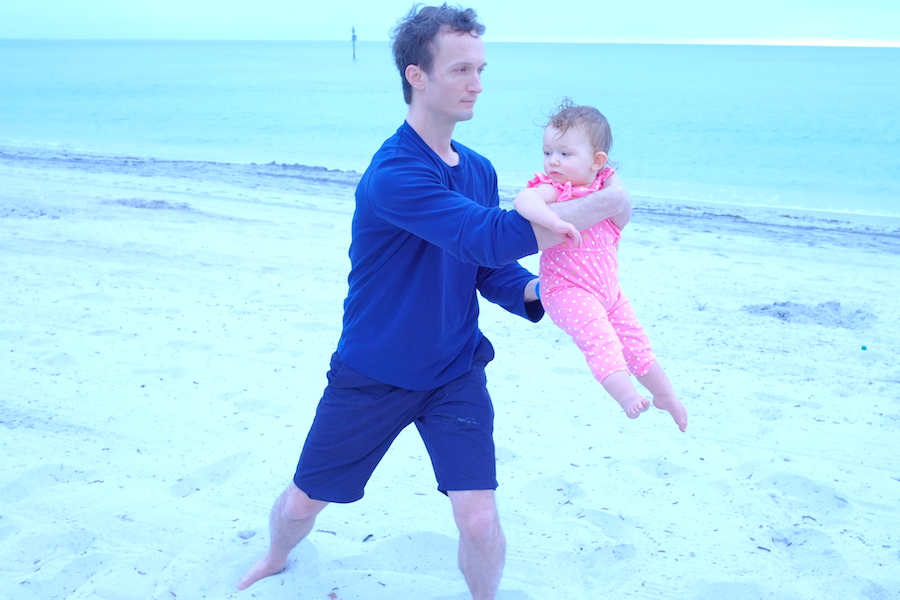
What Style of Tai Chi Do You Follow?
There’s a question people will ask you, when you start to do tai chi. What style of tai chi do you follow? What kind of qigong? I think a good answer is, it’s my tai chi. It’s my qigong.
I’ve practiced and learned with many people, from many different systems. The best ones I remember most, were always doing their qigong, tai chi, and gongfu, not as an end in itself. They were doing these things to be better at what they needed to do, what they loved doing in their lives. Which creates a different kind of practice.
If practice is isolated within a group, a style, a master, there can be some comfort here. But, there can also be some shared pretending. You’ll see this in martial arts and self defense. Memorizing forms and techniques, then playing them out together in a group, where there’s a shared agreement to act and respond in a certain way. It can be good for a feeling of community, but not so good for real life.
Join our Online Tai Chi Chuan Workshop here
So I like this, when you say that the qigong you do is your qigong, the tai chi you do is your tai chi. When we’re in some practice of finding harmony and peace in our movement, we might all look and move a lot the same. We all have these human bodies. But there’s an important practical difference between creating and copying, finding and following. It’s a difference in how you practice, that will carry across everything you do.
Getting to move well comes from what you’re sensing inside. And it’s from the foundation of how you do what you do, how you get where you’re going. It’s not so much from – he puts his hand this way, and does this move after that one. That’s someone else’s tai chi.
I think all this is a way of saying, it’s helpful to have tai chi or qigong or yoga not be an end in themselves. It’s helpful to have these practices as practices for life, for being better at who we are, and what we want to do. Even if, what you love doing is tai chi or yoga. It’s still something bigger, more holistic, than one thing. It’s a practice that can’t be contained. Maybe simply and inevitably, it’s being better at being human.
So when this question comes up for you, what style do you do, what master do you follow? It might help the people asking, if we begin to answer a little differently.
